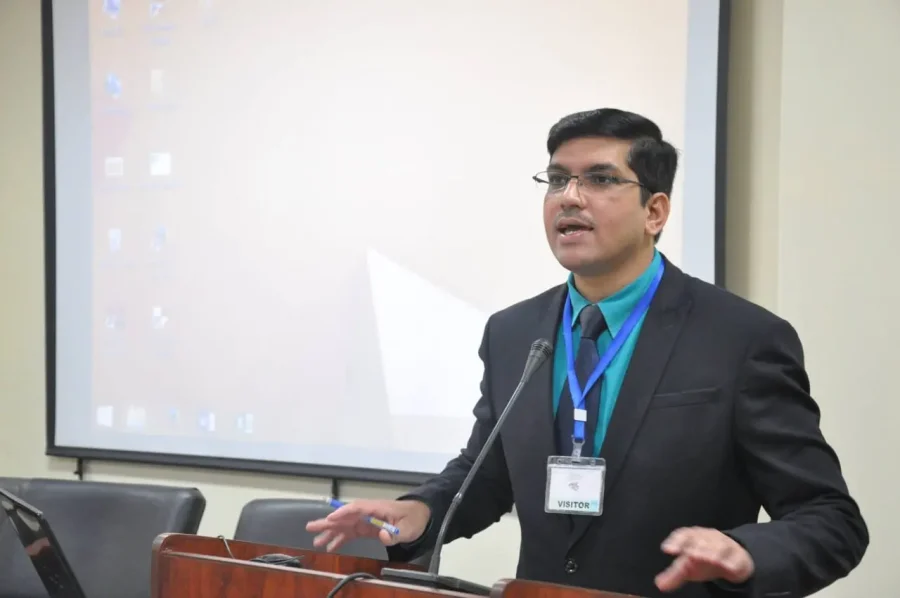Dr. Muhammad Shaban Rafi, a Postdoctoral Fellow at the University of California Santa Barbara and Chairperson at Riphah International University, Islamabad, gave a virtual talk on the implications of political hate speech and potential preventive measures. His postdoctoral project is funded by the Higher Education Commission, Pakistan.
The participants from Australia, Ghana, Malaysia, Pakistan, Romania, and Saudi Arabiaattended the talk and asked questions regarding identifying hate speech, its consequences, and preventions.
Dr. Rafi emphasized that the victory of the right-wing political party, Pakistan Tehreek-e-Insaf (PTI), in the 2018 general election, has led to a blurring of lines between mainstream politics and the propagation of extreme ideologies. These ideologies manifest as political polarization, intolerance, threats, and violence – four distinct yet interrelated emotions.










